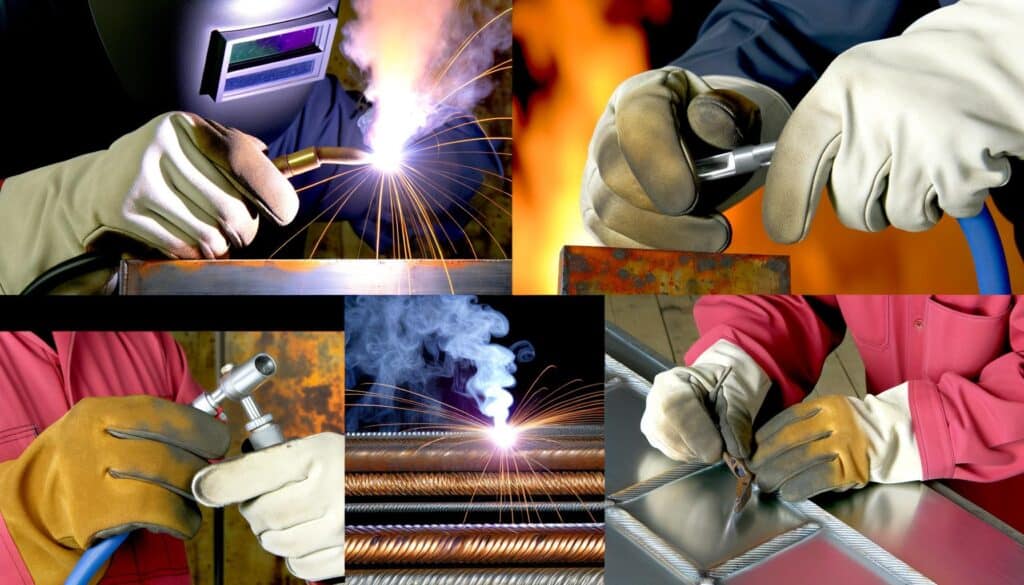Pathways to a Career in Welding
Starting a career in welding typically involves obtaining the necessary education and certifications that equip individuals with the technical know-how and safety practices required in this field. Many community colleges offer welding programs that provide students with hands-on experience. This education is complemented by certifications from recognized bodies, which confirm proficiency in various welding techniques.
Apprenticeships are another valuable pathway, offering on-the-job training from experienced professionals. These programs often include exposure to different types of welding processes such as TIG, which is in high demand. For those looking to expand their career options, searching for “TIG welder hiring” can uncover opportunities in specialized fabrication.
Finding Job Opportunities Near You
For those ready to enter the workforce, the search for “hiring welders near me” can be simplified by utilizing online job platforms. These platforms help connect job seekers with local employers actively “hiring welders.” Moreover, by using search tools like “joblookup welder jobs near me,” individuals can filter opportunities based on location and specialization, making the job hunt more efficient.
It’s beneficial for job seekers to create a professional resume highlighting their training, certifications, and relevant experiences to stand out. Networking with industry professionals and joining trade associations can also provide insights into market trends and potential job openings.
The Advantages of a Welding Career
A career in welding offers several advantages. One of the primary benefits is the potential for a stable and lucrative income. Experienced welders often receive competitive wages, especially those with specializations in high-demand sectors. The variety in job roles allows welders to work in different environments, from outdoor construction sites to indoor manufacturing plants.
Furthermore, the sense of accomplishment derived from creating and maintaining essential infrastructure is another compelling aspect. Welders often report high job satisfaction from seeing tangible results of their work that impact everyday life.
Preparing for the Future of Welding
As technology advances, the welding industry is not left behind. Emerging technologies such as automation and robotic welding are transforming traditional practices and require welders to continuously update their skills. Engaging in continuous learning and adapting to technological advancements will ensure professional growth and job security.
Welders who stay informed about industry trends and actively seek additional certifications will be well-positioned for future opportunities. Additionally, sustainability practices are becoming increasingly important, prompting the need for environmentally conscious approaches to welding processes.
In summary, the welding industry offers a dynamic and rewarding career path for those willing to invest in the necessary training and adapt to evolving demands.

